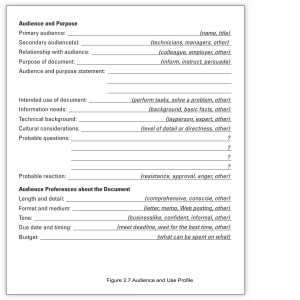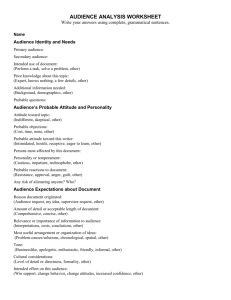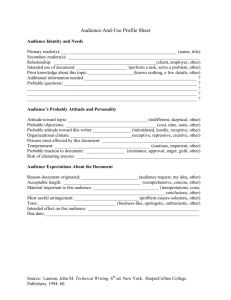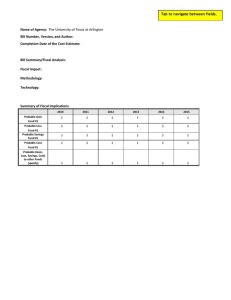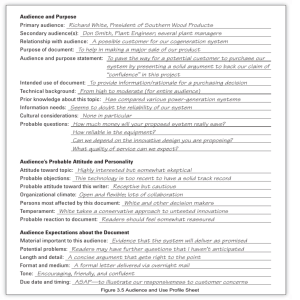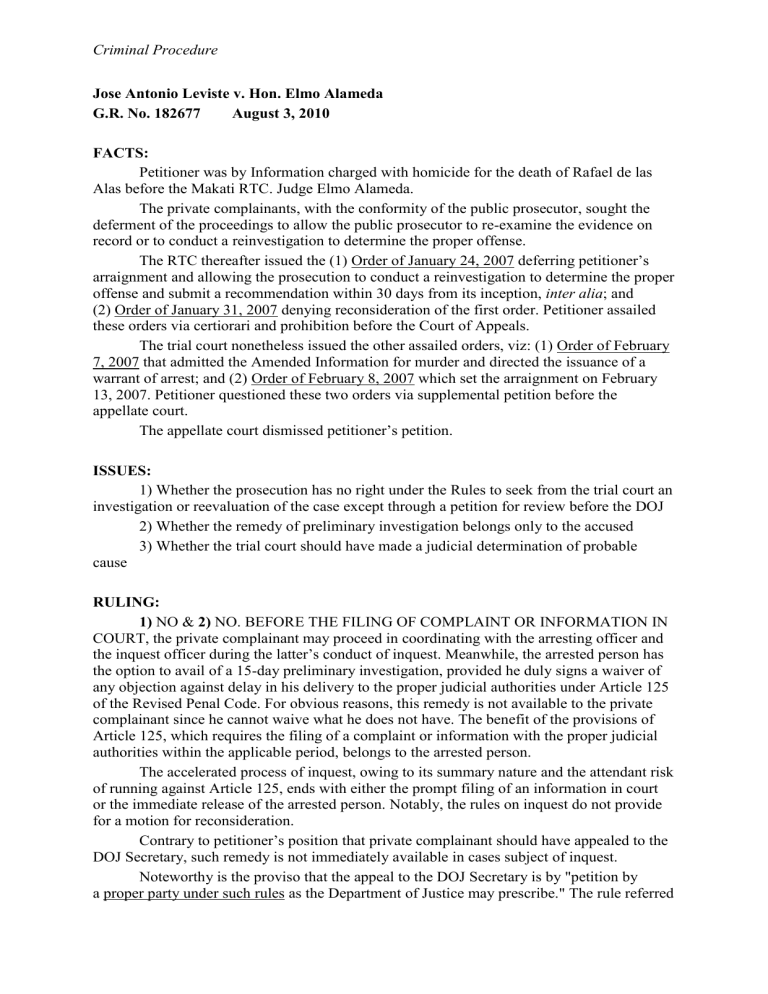
Criminal Procedure Jose Antonio Leviste v. Hon. Elmo Alameda G.R. No. 182677 August 3, 2010 FACTS: Petitioner was by Information charged with homicide for the death of Rafael de las Alas before the Makati RTC. Judge Elmo Alameda. The private complainants, with the conformity of the public prosecutor, sought the deferment of the proceedings to allow the public prosecutor to re-examine the evidence on record or to conduct a reinvestigation to determine the proper offense. The RTC thereafter issued the (1) Order of January 24, 2007 deferring petitioner’s arraignment and allowing the prosecution to conduct a reinvestigation to determine the proper offense and submit a recommendation within 30 days from its inception, inter alia; and (2) Order of January 31, 2007 denying reconsideration of the first order. Petitioner assailed these orders via certiorari and prohibition before the Court of Appeals. The trial court nonetheless issued the other assailed orders, viz: (1) Order of February 7, 2007 that admitted the Amended Information for murder and directed the issuance of a warrant of arrest; and (2) Order of February 8, 2007 which set the arraignment on February 13, 2007. Petitioner questioned these two orders via supplemental petition before the appellate court. The appellate court dismissed petitioner’s petition. ISSUES: 1) Whether the prosecution has no right under the Rules to seek from the trial court an investigation or reevaluation of the case except through a petition for review before the DOJ 2) Whether the remedy of preliminary investigation belongs only to the accused 3) Whether the trial court should have made a judicial determination of probable cause RULING: 1) NO & 2) NO. BEFORE THE FILING OF COMPLAINT OR INFORMATION IN COURT, the private complainant may proceed in coordinating with the arresting officer and the inquest officer during the latter’s conduct of inquest. Meanwhile, the arrested person has the option to avail of a 15-day preliminary investigation, provided he duly signs a waiver of any objection against delay in his delivery to the proper judicial authorities under Article 125 of the Revised Penal Code. For obvious reasons, this remedy is not available to the private complainant since he cannot waive what he does not have. The benefit of the provisions of Article 125, which requires the filing of a complaint or information with the proper judicial authorities within the applicable period, belongs to the arrested person. The accelerated process of inquest, owing to its summary nature and the attendant risk of running against Article 125, ends with either the prompt filing of an information in court or the immediate release of the arrested person. Notably, the rules on inquest do not provide for a motion for reconsideration. Contrary to petitioner’s position that private complainant should have appealed to the DOJ Secretary, such remedy is not immediately available in cases subject of inquest. Noteworthy is the proviso that the appeal to the DOJ Secretary is by "petition by a proper party under such rules as the Department of Justice may prescribe." The rule referred Criminal Procedure to is the 2000 National Prosecution Service Rule on Appeal, Section 1 of which provides that the Rule shall "apply to appeals from resolutions x x x in cases subject of preliminary investigation/ reinvestigation." In cases subject of inquest, therefore, the private party should first avail of a preliminary investigation or reinvestigation, if any, before elevating the matter to the DOJ Secretary. In case the inquest proceedings yield no probable cause, the private complainant may pursue the case through the regular course of a preliminary investigation. ONCE A COMPLAINT OR INFORMATION IS FILED IN COURT, the rules yet provide the accused with another opportunity to ask for a preliminary investigation within five days from the time he learns of its filing. The Rules of Court and the New Rules on Inquest are silent, however, on whether the private complainant could invoke, as respondent heirs of the victim did in the present case, a similar right to ask for a reinvestigation. The Court holds that the private complainant can move for reinvestigation, subject to and in light of the ensuing disquisition. All criminal actions commenced by a complaint or information shall be prosecuted under the direction and control of the public prosecutor. The private complainant in a criminal case is merely a witness and not a party to the case and cannot, by himself, ask for the reinvestigation of the case after the information had been filed in court, the proper party for that being the public prosecutor who has the control of the prosecution of the case. Thus, in cases where the private complainant is allowed to intervene by counsel in the criminal action, and is granted the authority to prosecute, the private complainant, by counsel and with the conformity of the public prosecutor, can file a motion for reinvestigation. In fact, the DOJ instructs that before the arraignment of the accused, trial prosecutors must "examine the Information vis-à-vis the resolution of the investigating prosecutor in order to make the necessary corrections or revisions and to ensure that the information is sufficient in form and substance." The prosecution’s discretion is not boundless or infinite, however. The standing principle is that once an information is filed in court, any remedial measure such as a reinvestigation must be addressed to the sound discretion of the court. 3) There are two kinds of determination of probable cause: executive and judicial. The executive determination of probable cause is one made during preliminary investigation. It is a function that properly pertains to the public prosecutor who is given a broad discretion to determine whether probable cause exists and to charge those whom he believes to have committed the crime as defined by law and thus should be held for trial. Otherwise stated, such official has the quasi-judicial authority to determine whether or not a criminal case must be filed in court. Whether that function has been correctly discharged by the public prosecutor, i.e., whether he has made a correct ascertainment of the existence of probable cause in a case, is a matter that the trial court itself does not and may not be compelled to pass upon. The judicial determination of probable cause is one made by the judge to ascertain whether a warrant of arrest should be issued against the accused. The judge must satisfy himself that based on the evidence submitted, there is necessity for placing the accused under custody in order not to frustrate the ends of justice. If the judge finds no probable cause, the judge cannot be forced to issue the arrest warrant. Paragraph (a), Section 5, Rule 112 of the Rules of Court outlines the procedure to be followed by the RTC. To move the court to conduct a judicial determination of probable cause is a mere superfluity, for with or without such motion, the judge is duty-bound to personally evaluate Criminal Procedure the resolution of the public prosecutor and the supporting evidence. In fact, the task of the presiding judge when the Information is filed with the court is first and foremost to determine the existence or non-existence of probable cause for the arrest of the accused. What the Constitution underscores is the exclusive and personal responsibility of the issuing judge to satisfy himself of the existence of probable cause. But the judge is not required to personally examine the complainant and his witnesses. Following established doctrine and procedure, he shall (1) personally evaluate the report and the supporting documents submitted by the prosecutor regarding the existence of probable cause, and on the basis thereof, he may already make a personal determination of the existence of probable cause; and (2) if he is not satisfied that probable cause exists, he may disregard the prosecutor’s report and require the submission of supporting affidavits of witnesses to aid him in arriving at a conclusion as to the existence of probable cause. The rules do not require cases to be set for hearing to determine probable cause for the issuance of a warrant of arrest of the accused before any warrant may be issued. Petitioner thus cannot, as a matter of right, insist on a hearing for judicial determination of probable cause. Certainly, petitioner "cannot determine beforehand how cursory or exhaustive the [judge's] examination of the records should be [since t]he extent of the judge’s examination depends on the exercise of his sound discretion as the circumstances of the case require."
